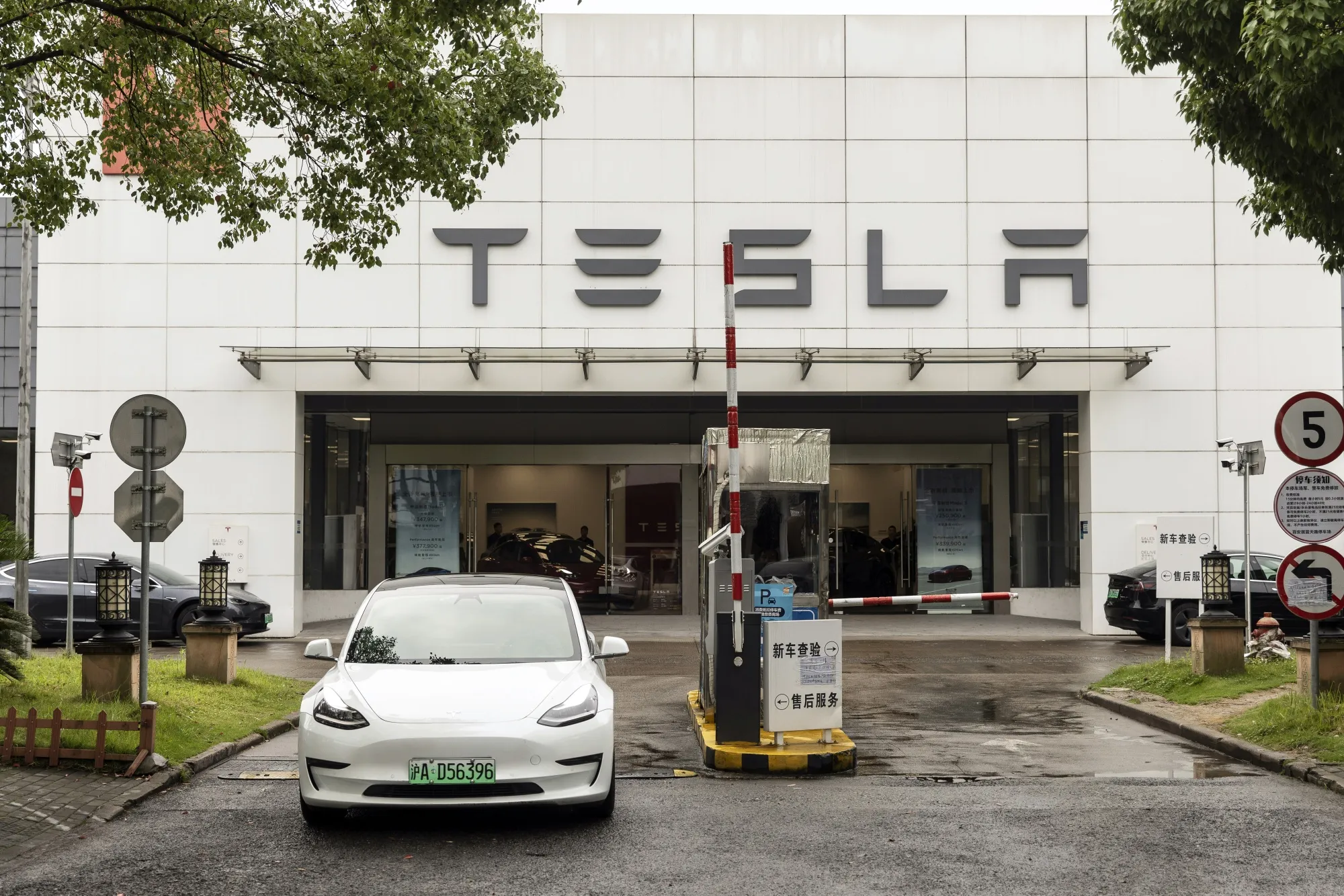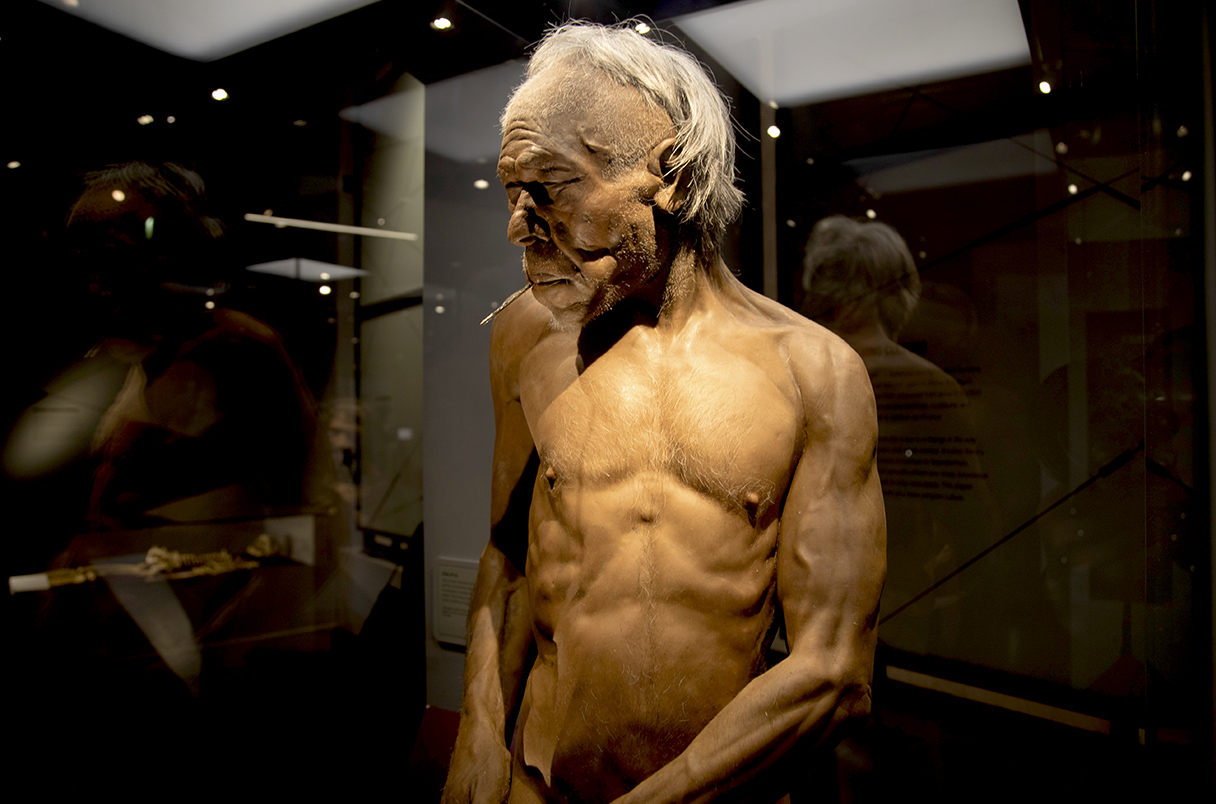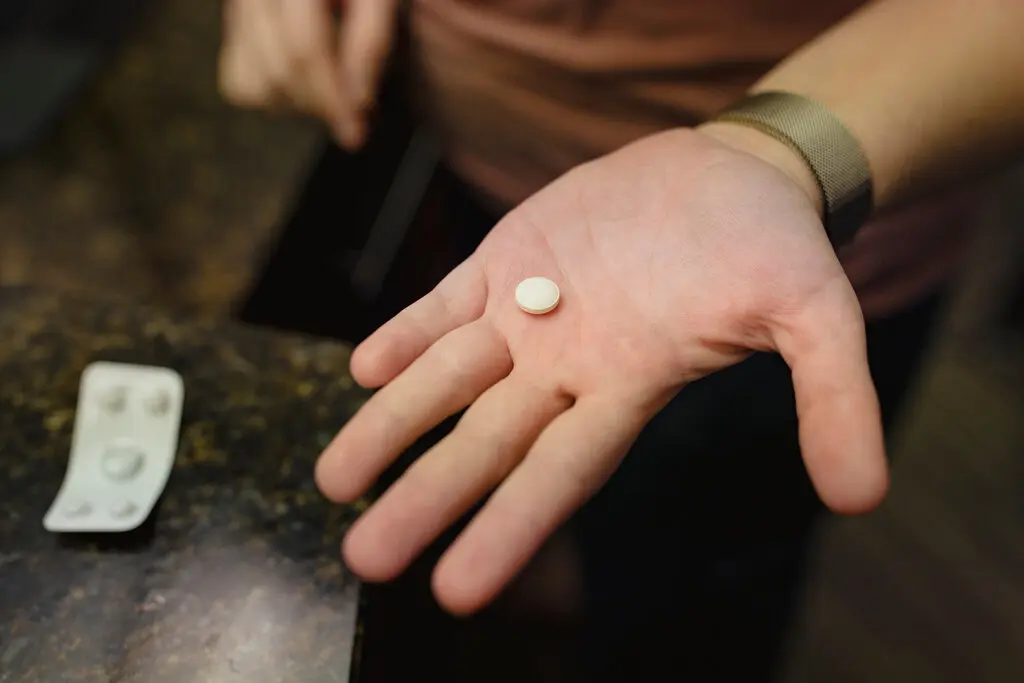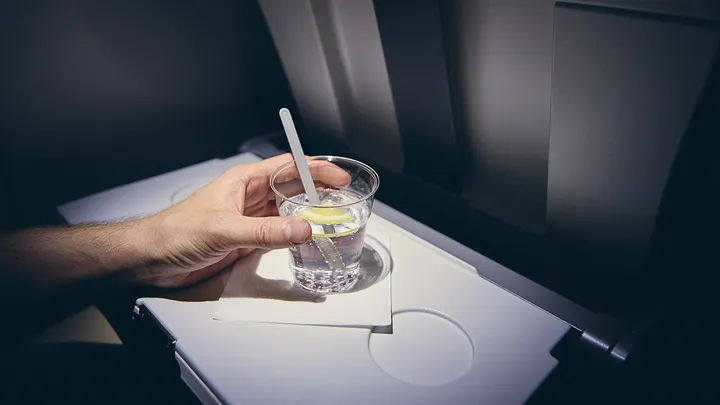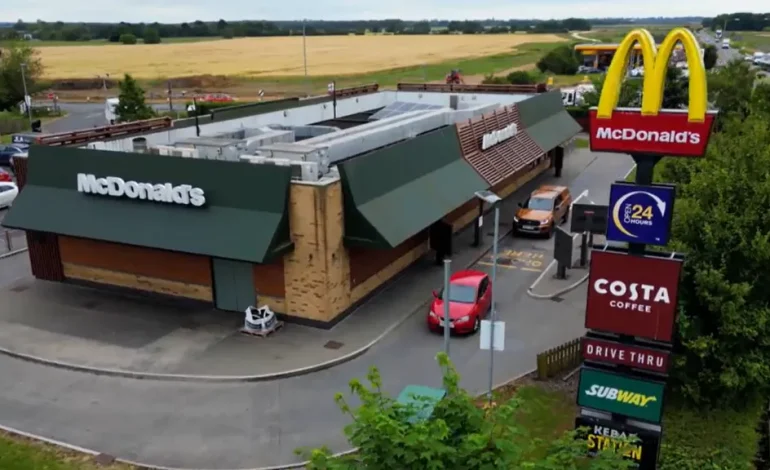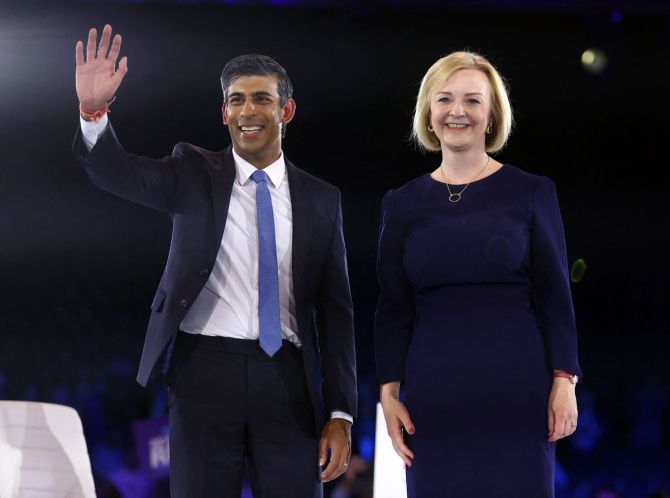Recent investigations by the BBC have uncovered that indications of modern slavery at the Cambridgeshire McDonald’s and a factory supplying baked goods to prominent supermarkets went unnoticed for several years.
The investigation revealed that a human trafficking gang coerced 16 victims, all from the Czech Republic, to work at both the fast-food restaurant and the factory, which provided products for Asda, Co-op, M&S, Sainsbury’s, Tesco, and Waitrose.
Despite clear signs of exploitation—including payments being made into a single bank account for multiple workers—the gang was able to operate undetected for over four years. The victims, most of whom had histories of homelessness or addiction, were paid at least the legal minimum wage, but nearly all of their earnings were seized by the traffickers.
According to the investigation, nine victims were forced to work at the McDonald’s branch in Caxton, Cambridgeshire, while another nine were employed at the pitta bread factory with sites in Hoddesdon, Hertfordshire, and Tottenham, London. The gang controlled their victims through intimidation, confiscating their passports and enforcing a regime of fear. This led to conditions described as “living like livestock,” with victims crammed into substandard accommodation, often making just a few pounds a day to survive.
Warning signs that could have alerted authorities included:
- Victims’ wages were funneled into a single bank account, controlled by the gang, totaling approximately £215,000 for multiple employees.
- The victims faced language barriers, with job applications completed by gang members, who also acted as interpreters during interviews.
- Workers logged excessive hours, with some clocking in 70 to 100 hours a week, including shifts lasting up to 30 hours.
- Multiple employees shared the same residential address, raising red flags about their living conditions.
Det Sgt Chris Acourt, who led the investigation, noted that numerous opportunities were missed to detect the exploitation sooner, which could have ended the victims’ suffering much earlier. The exploitation was ultimately uncovered in October 2019 when victims contacted the police in the Czech Republic, prompting an investigation in the UK.
In light of the findings, McDonald’s UK has stated that it has improved its systems for identifying potential risks. The British Retail Consortium acknowledged that retailers could learn from this case to enhance their vigilance in supply chains.
The family-run trafficking network has been convicted in two trials, delayed due to the Covid pandemic. The victims described a traumatic experience that left lasting psychological scars, with one survivor, Pavel, expressing his disappointment in McDonald’s for not taking action when red flags were apparent.
Despite the convictions, the franchise model complicates accountability. McDonald’s declined an interview but expressed its commitment to addressing modern slavery in its operations and supply chains. The current franchisee of the Caxton location reportedly only became aware of the full extent of the crimes during cooperation with the police investigation.
Several supermarkets ceased partnerships with the factory in question after the victims were rescued, but none identified the slavery during inspections while the victims were employed. Sainsbury’s stopped using the supplier in 2016, while other retailers acted post-exploitation.
The Modern Slavery Act mandates larger companies to publish annual statements regarding their efforts to combat slavery, yet former Prime Minister Theresa May, who introduced the legislation, stated that it failed to protect these victims, calling for reforms to strengthen the law.
In response to the case, the UK government has pledged to enhance measures against modern slavery and ensure that victims receive the necessary support.

